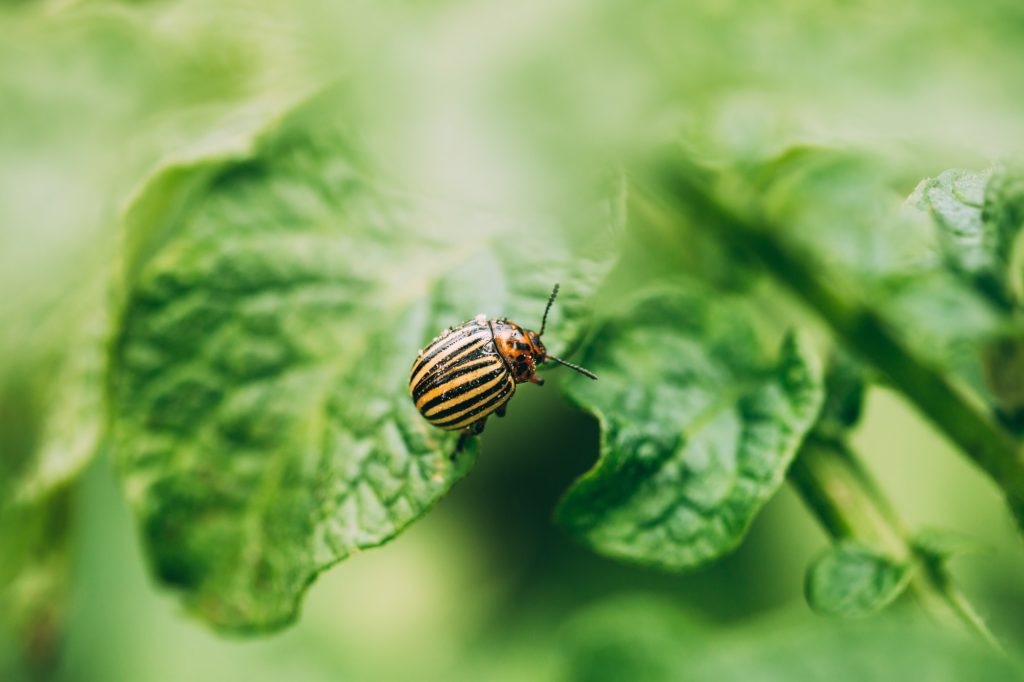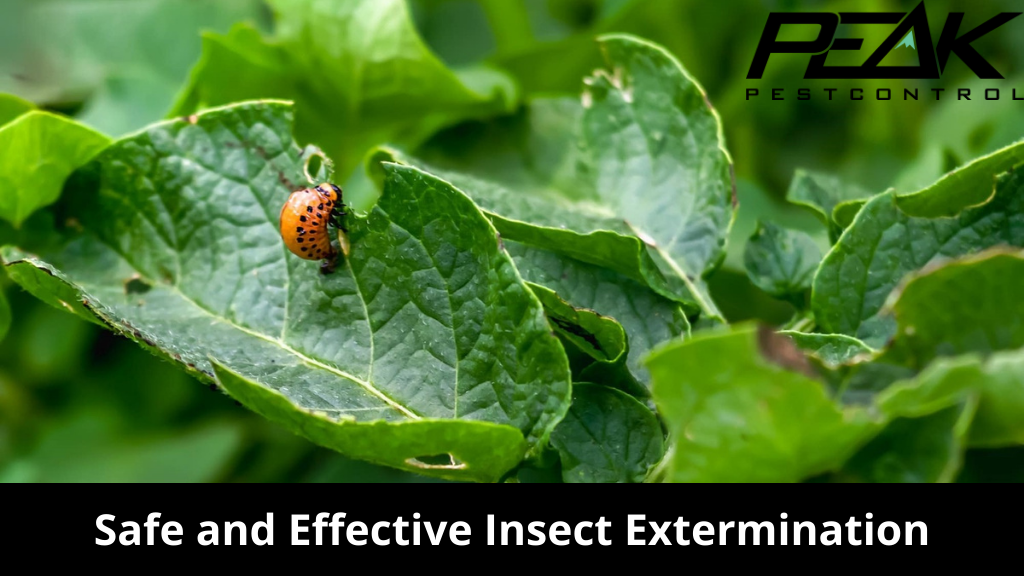While insects may be small, the problems they bring can be monumental. Infestations can result in health hazards, property destruction, and financial setbacks. To address this issue, people often resort to different extermination methods. However, some approaches harm the environment and pose risks to humans and animals.
This blog post will explore safe and efficient techniques to eliminate insects.

What are the Effective Methods for Controlling Insect Infestations?
Locate the Source of the Infestation
To ensure effective insecticide treatment, it is crucial first to identify the source of the infestation. This entails locating the nest or breeding area of the insects. Once found, appropriate measures can be taken for its removal. Randomly spraying insecticides throughout your home will only lead to wasteful spending and unnecessary exposure to harmful chemicals.
Non-toxic Sprays
The market offers eco-friendly insect sprays that effectively combat pests without harming the environment, pets, or people. These sprays use safe natural ingredients like soap, essential oils, and vinegar to control mosquitoes, ants, flies, and more. They work indoors or outdoors with great results.
Physical Barriers
You can use nets and screens indoors and outdoors to keep insects out and prevent them from breeding. Installing screens on doors and windows prevents mosquitoes and other insects from entering and laying eggs. Netting can also be used to protect plants and trees from insect infestations. These physical barriers provide safe and effective insect control without the need for chemicals.
Biological Control
Biological control is a technique for insect management that utilizes natural predators like birds, spiders, and insects to regulate pest populations. For instance, attracting insect-eating birds such as swallows and bluebirds with feeders or houses can reduce flies and mosquitoes. Similarly, inviting spiders and ladybugs to your property can effectively control insect infestations.
Traps
Insect traps are a safe, non-toxic method to catch and eliminate pests like fleas, flies, and cockroaches. They use sticky boards or baits to capture insects, preventing breeding. Ideal for indoor and outdoor use.
Professional Pest Control Services
If all the aforementioned methods prove ineffective in eradicating the insect infestation, it is advisable to engage the services of a professional exterminator. These experts possess the necessary experience and expertise to effectively handle the task, employing safe and environmentally friendly extermination methods. It is important to ensure that the chosen professional is licensed, insured, and offers a guarantee for their services.
Safely Combat Insect Infestations: Eco-Friendly Solutions for a Bug-Free Environment
Insect infestations can cause significant damage, but there are safe and efficient techniques for control that don’t harm the environment, pets, or people. Non-toxic sprays, physical barriers, biological control, traps, and professional pest control services offer secure and effective methods. Select the approach based on the problem’s severity and nature. By employing these techniques, we have the ability to establish a secure environment free from insects, safeguarding both ourselves and the planet.
For dependable and eco-friendly insect control services, look no further than Peak Pest Control. Our expert team provides safe and efficient solutions that focus on preserving the environment. To create a bug-free environment, we employ non-toxic sprays, physical barriers, biological control methods, traps, and professional pest control services. Contact us for more information and discover the difference we can make!


